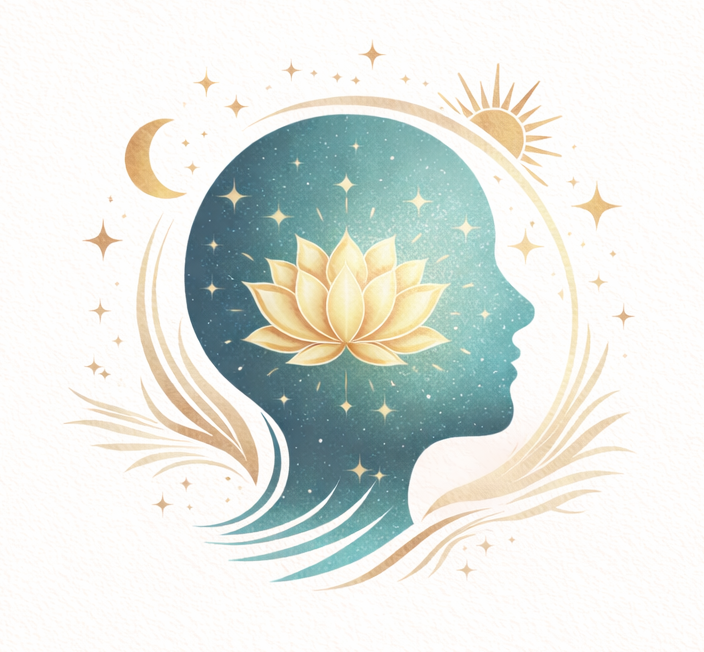I usually come across two kinds of people: (1) the ones who oppose an ongoing political crisis aggressively and (2) the other ones who support it aggressively. In other words, most of the people I meet in real life or on social media are highly opinionated. The ‘good’ ones amongst them are just opinionated and the insufferable ones often categorise the ‘other ones’ using certain names.
Here’s my unfiltered take on what happens and possible reasons for why this unpleasant divide happens:
1: Loneliness & chaos
Social media has made us lonelier than ever. When we’re lonely, we try clinging on to a sense of belonging that “taking a side” gives. It is an increasingly chaotic world and intellectually belonging to a side gives us a sense of control as well. And of course, typing on keyboard (instead of face to face reasoning) brings out the worst side.
2: Social media algorithms
Most of our awareness (about the world issues) arises more from algorithm-driven social media platforms. They are highly incentivised (it earns them billions of dollars in ad revenues) to feed us the content that we’ll consume most readily. They prey upon our intellectual laziness (described ahead) and serve us the content that agrees with us the most.
3: Intellectual laziness
We’ve become intellectually lazy. It is attributed to addiction to instant gratification (short form content vs books) and high stresses of the modern life. Because of this, we don’t dive deep enough into most things. And less so, into the ‘other side’ of the story. That creates an ignorance about (A) what we don’t know (yes, we hardly try to estimate how much we don’t know) about our and (B) what we know (and also what we don’t know ) about the other side of the narrative.
The big question: how to we come out of this?
From the top of my mind…
Intellectual courage
Read both sides of the narratives deeply. Don’t rely on any one source. Take turns: Build the courage to be able to take side of (as a mental excercize) the narrative radically opposite to your belief: that will drive your intellectual growth and reasoning capabilities.
Contemplation
Think and reason deeply. Reason through all the perspectives. Question everything: even your own beliefs, perceptions, ideas, and philosophies. Try to identify your blind spots and cognitive biases.
Cultivate love for logic, not ideas
Learn about logic and critical thinking. Try to apply a ‘mathematical’ and ‘scientific’ mindset even for issues pertaining to humanities. Build mental flow-charts and logics and rely on raw data and statistics (and read about how statistics lies too). Have a mind that loves logics and not narratives.
I wish you all the best for your navigation through this complex phenomenon of life!
